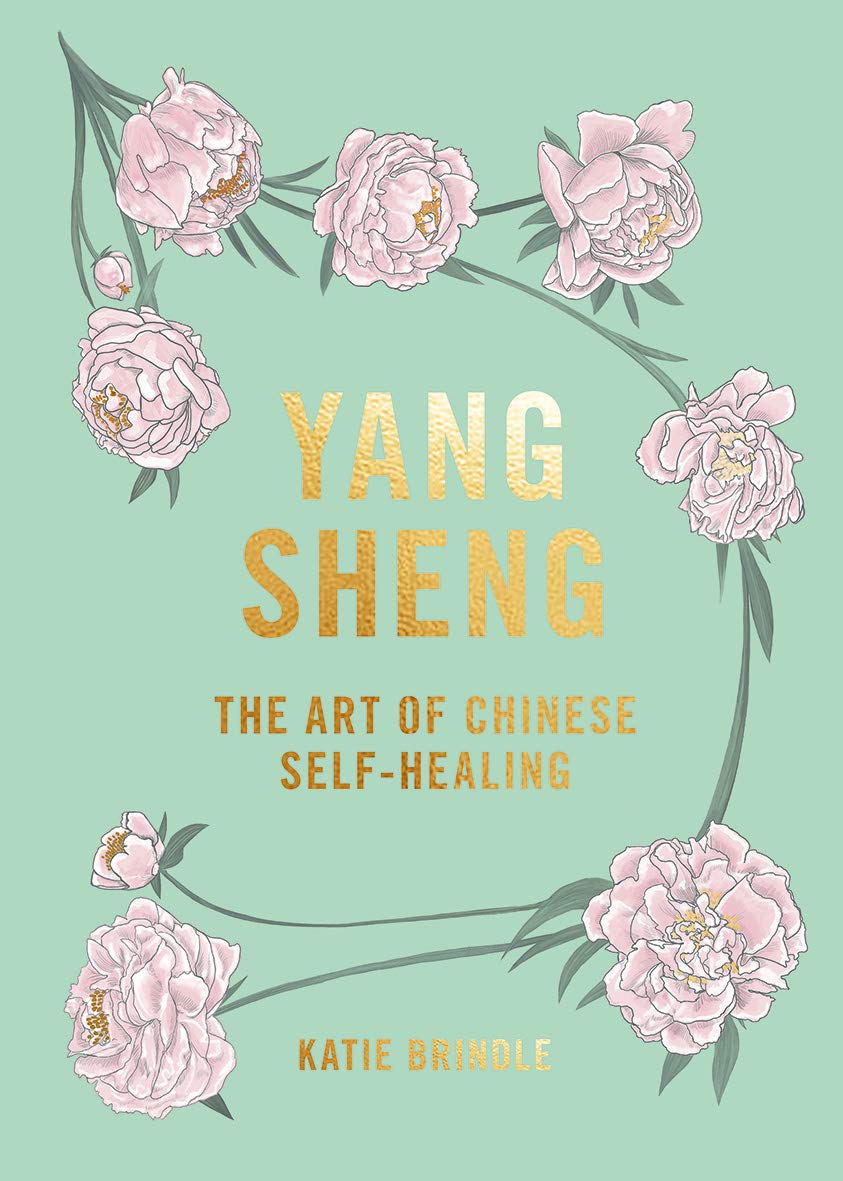
Yang Sheng: The art of Chinese self-healing
FREE Shipping
Yang Sheng: The art of Chinese self-healing
- Brand: Unbranded

Description
Many more come from texts excavated from tombs. 3. Daoist Medical Traditions and Physicians 3.1 Ge Hong During the Ming period, various collections and compendia of longevity writings appeared. Hu Wenhuan (胡文焕), editor of the 1639 edition Jiuhuang Bencao ("Famine Relief Herbal"), wrote the main work on yangsheng, the c. 1596 Shouyang congshu (壽養叢書, "Collectanea on Longevity and Nourishment [of Life]"), which includes the Yangsheng shiji (養生食忌, "Prohibitions on Food for Nourishing Life") and the Yangsheng daoyin fa (養生導引法, " Daoyin Methods for Nourishing Life"). Some works are inclusive treatments of diverse longevity techniques, for example, the dramatist Gao Lian's (fl. 1573-1581) Zunsheng bajian (遵生八笺, "Eight Essays on Being in Accord with Life") described yangsheng diets, breathing methods, and medicines. Other works focus entirely on a single method, such as Tiaoxi fa (調息法, "Breath Regulation Methods") by the Neo-Confucian philosopher Wang Ji (1498-1582) (Engelhardt 2000: 81). Another new development under the Ming is the increased integration and legitimization of yangsheng techniques into medical literature. For example, Yang Jizhou's (楊繼洲) extensive 1601 Zhenjiu dacheng (針灸大成, "Great Compendium on Acupuncture and Moxibustion"), which remains a classic to the present day, presents gymnastic exercises for the various qi- meridians (Engelhardt 2000: 82).
Yang Sheng is an ancient self-care art. Translating as ‘nurture life’, it is the fostering of our own health and wellbeing by nurturing the mind, body and spirit through considered movement, seasonal lifestyle choices, gua sha, tapping, acupressure, meditation and breathwork. Based on Chinese medicine, Yang Sheng is an incredibly sophisticated understanding of how the body works: physically, emotionally, and spiritually.
Also very important are the yang sheng practices, which help restore and nourish the body’s inner resources.
Blowing and breathing, exhaling and inhaling, expelling the old and taking in the new, bear strides and bird stretches—all this is merely indicative of the desire for longevity. But it is favored by scholars who channel the vital breath and flex the muscles and joints, men who nourish the physical form [養形] so as to emulate the hoary age of Progenitor P'eng. (15, tr. Mair 1994: 145). One key focus of Chinese Medicine is the idea that disease prevention is the superior form of medicine. The theories and methods of disease prevention are known as Yang Sheng養生/养生, literally Nourishing Life. Daoist waidan alchemists frequently compounded elixirs of "immortality", some of which contained lethal ingredients such as mercury and arsenic that could cause elixir poisoning or death. One Lunheng anti-drug passage repeats the phrase tunyao yangxing (吞藥養性, "gulp down drugs and nourish one's nature") in a botanical example of natural aging. Key to the beverage's success is the use of erythritol – an artificial sweetener that tastes almost exactly like sugar but doesn't come with the calories. With just 6 percent of the calories of sugar, it still contains 70 percent of the sweetness. The chemical is one of many artificial sweeteners that are becoming increasingly popular in zero-calorie foods and beverages in the Chinese food market. Donald Harper translates yangsheng and changsheng (長生, "long life") in the Mawangdui Silk Texts as "macrobiotic hygiene" (2009). Changsheng is used in the Mawangdui medical manuscripts to designate "a somatic form of hygiene centering mainly on controlled breathing in conjunction with yogic exercises", comparable with the classical Greek gymnosophists (Collins and Kerr 2001: 14).
Needham, Joseph and Lu Gwei-djen (2000), Science and Civilisation in China, Volume 6, Biology and Biological Technology, Part VI: Medicine, Cambridge University Press. Members pay a modest "one-off" fee to cover basic expenses, and no further fees - except for attendance at seminars and formal assessments - are levied at this time. Membership is an individual matter - i.e. fees are not levied on clubs and associations on a "per student" basis, the main purpose of membership being to belong to an organisation which is recognised by Professor Zhang and which can provide a direct connection to him.
- Fruugo ID: 258392218-563234582
- EAN: 764486781913
-
Sold by: Fruugo
